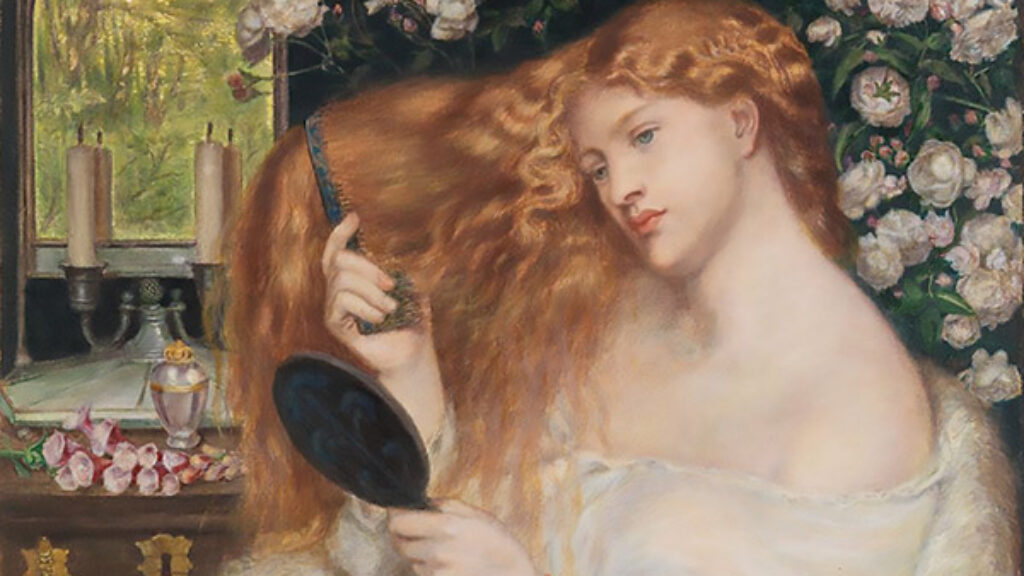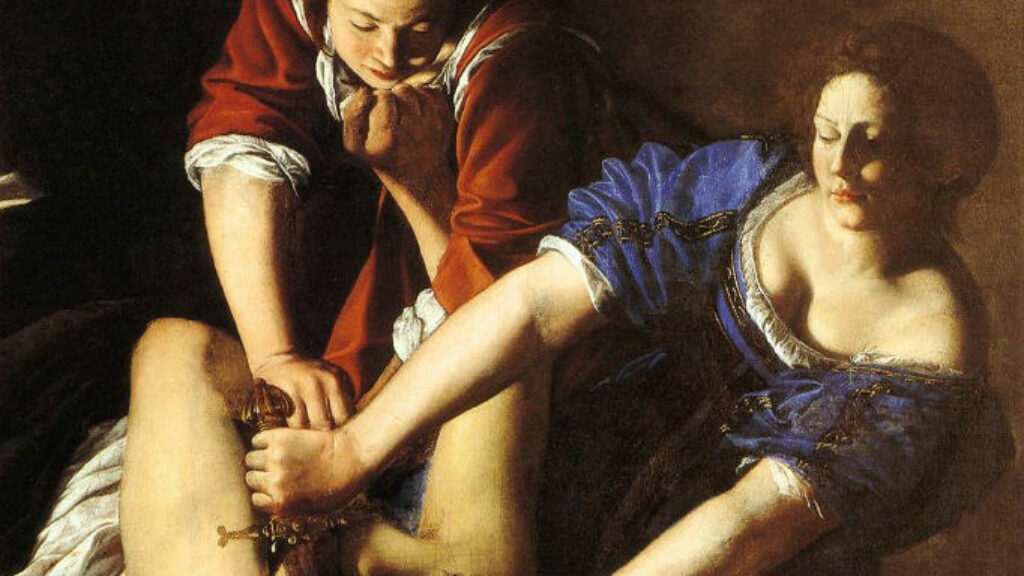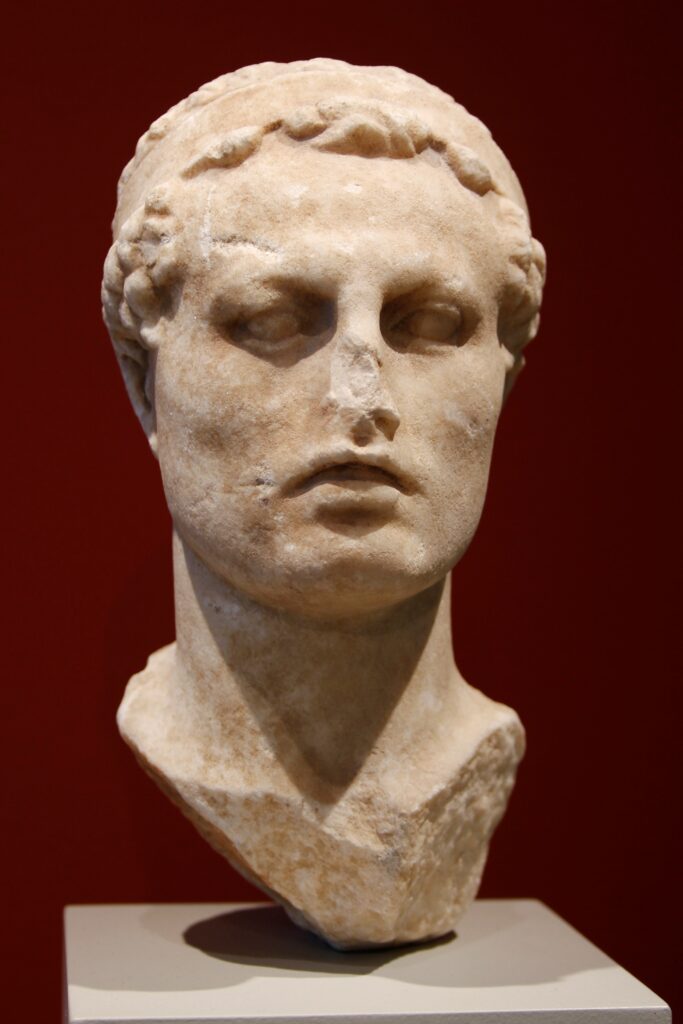Hanukkah’s Confounding Miracle
Modern Jews typically remember two things about the story of Hanukkah: the Maccabees defeated the Greeks, and we light the menorah because the Maccabees salvaged a single jug of pure oil that kept the menorah at the Jerusalem Temple lit for eight days and nights. The blessing “For these Miracles” (Al Ha-nisim), which accompanies Jewish prayer during Hanukkah, continues to convey the first fact. The second, a seemingly bespoke myth, initially appears in the Babylonian Talmud and remains Hanukkah’s most memorable feature. But most contemporary Jews are barely aware of the details of the Maccabean Revolt. Other holidays, such as Purim and Passover, are replete with facts and figures. What makes the memory of Hanukkah so thin?
In some ways, tradition set up Hanukkah for failure. The story’s earliest—and most thorough—accountings appear in Greek texts known as 1 and 2 Maccabees. They belong to the Apocrypha, a collection of documents written during the Second Temple period and which rabbinic Jews did not invest with religious authority. So the full-length version of the Hanukkah story never became part of the Jewish biblical repertoire. Additionally, Hanukkah is seldom mentioned in rabbinic literature, and many rabbis seemed to treat the Maccabees with disdain. In the early medieval period, however, another version of the Hanukkah story was reintroduced into the stream of tradition as the Scroll of Antiochus—perhaps in parallel to the Scroll of Esther. This text found some success: various communities recited the scroll as part of their prayer services during Hanukkah, and some even translated the text from its original Aramaic into Hebrew or their vernacular. But eventually the Scroll of Antiochus also faded from use.
History, too, accounts for Hanukkah’s lack of memorability. A dominant narrative couldn’t really take root, as even the earliest sources are murky about the Maccabean revolt’s key details. Consider a basic issue: when Antiochus IV—the story’s primary villain—turned his attention and army towards Jerusalem, he was eyeing the riches contained in its Temple. His fiscal reserves were drained after battles with the Ptolemaic Empire, centered in Egypt, and raiding a defenseless shrine located near the path home was convenient and easy. Afterwards, though, instead of returning, enriched, to his home in Syria, Antiochus prohibited circumcision, compelled pagan sacrifice, and forced Jews to violate the Sabbath. Why?
Our earliest sources, 1 and 2 Maccabees, disagree. 1 Maccabees, written about half a century after the Maccabean revolt, suggests that politics precipitated persecution: “All the Gentiles accepted the command of the king [Antiochus]. Many even from Israel gladly adopted his religion; they sacrificed to idols and profaned the sabbath.” But some Jews obstinately refused, preventing Antiochus from fulfilling his ambitions of unifying his empire under the banner of a singular culture, and persecution followed.
2 Maccabees, which was actually written before 1 Maccabees, proposes a different reason for Antiochus’s policy—or rather two of them. The book is a summary of a lost work by Jason of Cyrene, who lived during the middle of the second century BCE. Throughout 2 Maccabees one discerns two voices: Jason’s and that of an anonymous summarizer. According to Jason, Antiochus persecuted the Jews because he was insane. Jason describes Antiochus’s mania: he thought “that he could sail on the land and walk on the sea, because his mind was elated.” This framing of Antiochus accords with his ancient reputation. The Greek historian Polybius writes that Antiochus’s erratic conduct earned him the nickname Epimanes (the Mad), a play on his royal name Antiochus IV Epiphanes: “God Manifest.” The anonymous summarizer, on the other hand, views the persecution of the Jews as divinely ordained, purposeful, and beneficial: the punishments “were designed not to destroy but to discipline our people.”
The memory of Antiochus’s persecution, and its reasons, faded further into muddled confusion, until a skeleton story in which Jews fought a Greek king was all that remained. Texts produced during the millennium that followed the Maccabean Revolt even disagree about the identity of Hanukkah’s central villain. The antagonist should be Antiochus, as he is in the Scroll of Antiochus, but the seventh-century Jewish Aramaic translation-commentary of Song of Songs claims that Mattathias, his children, and the rest of the Israel saved Jerusalem from “the Greeks.” The commentary also swells the ranks of Israel’s enemies, listing sixty armor-clad kings from the sons of Esau riding on horses, and eighty Ishmaelite elephant riders led by the “wicked Alexander”—a historical impossibility, since Alexander the Great predates the Maccabees by about two hundred years.
In other texts, the villain postdates the Hanukkah story. The early medieval homily “Their Swords Shall Enter their Own Hearts” calls the principle enemy Gasqalas—a corruption of the name of the infamous Roman emperor Gaius Caligula. Another Hanukkah homily from the same period, called “The Tale of the Two Women,” identifies the oppressive adversary as Holofernes, the apocryphal Assyrian general who was ultimately beheaded by Judith—whose tale also got mixed up with Hanukkah in the Middle Ages.
But wait, there’s more: texts produced during the millennium that followed the Maccabean Revolt also disagree about the identities and fates of the story’s central heroes. Did Mattathias die before the fight to liberate Jerusalem? Or did Judah? Who was the high priest: Mattathias, his son John, his future in-law named John, or perhaps an entirely different character called Hasmonaeus? Our medieval sources cannot even agree as to whether Mattathias had three, five, or seven sons. Although, to be fair, 1 and 2 Maccabees also can’t keep their identities straight. 2 Maccabees calls one of the Maccabean brothers Joseph while 1 Maccabees refers to him as John. By now we ought not be surprised that confusion abounds.
Ultimately, the limits placed upon the story of Hanukkah by tradition, which did not see fit to preserve a detailed narrative, and by history, which did not offer a basic tale to transmit, left contemporary Jews with only the story’s faintest outline—a dotted sketch passed on via prayer and refracted through centuries of commentary on the Babylonian Talmud. Given all the confusion, the real miracle of Hanukkah is not that a single jar of pure oil lasted for eight days and nights. It is, rather, that Jews remember anything about Hanukkah at all.
Suggested Reading
Translating and Remembering Chaim Grade
A memoir of faith, literature, and chickens.
The Improbables
Not writing what you know can help an author steer away from autobiographical shoals, but it puts a certain research burden on the writer.

Lilith and the Knight
Demons, dragons, and a “Tel Aviv hipster in King Arthur’s Court.”

As the Story Goes: Hanukkah Spears, Cheese, and Goblins
Where did all the Hanukkah stories go?


Comments
You must log in to comment Log In